MW2014


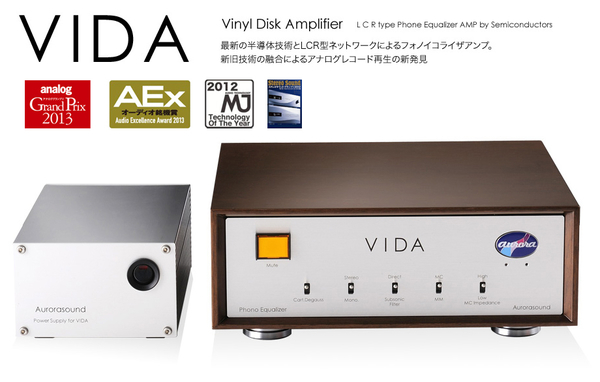
Aurorasound VIDA – Vinyl Disk Amplifier ($4,990.00 XLR output adds $1,000): The elegantly built VIDA incorporates state-of-the-art semiconductor technology (LCR-type network) and old-world craftsmanship to create a top performing phono amplifier. I’m really enjoying my vinyl collection immensely with the VIDA; its black background is what sets the stage for its remarkable resolution, openness, and harmonic integrity. (Key Kim)


Bob’s Devices (BD) SKY CineMag 20 Step Up Transformer ($1,250): I loved the latest version of BD’s step up transformer because it had the same attributes as the Cinemag 1131 and Sky 30 trannies I recently reviewed; great presence and the ability to reveal previously unnoticeable subtle nuances in most LPs, but to an even greater extent than the other Bob Devices step ups. I subjectively found the SKY 20 a bit tighter/more focused and I was able to hear many details I never heard before, albeit in a very natural/organic presentation (i.e., more information that sounded more like live music). What more can you ask for? (Lew Dardick)

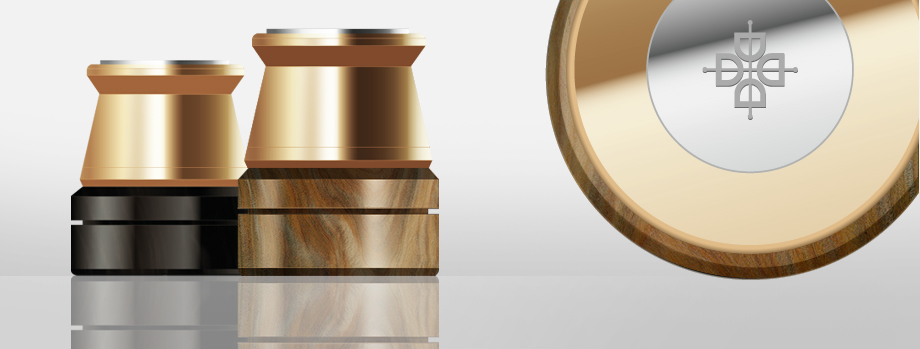
Dalby D7-Vinyl Stabiliser ($6,380): Yes, this is ridiculously expensive but it is ridiculously better than other record weights, clamps, etc. It uses “lignum vitae” wood, which some may know as Guayacan, the most dense wood and grown in South American and adds 3 pounds of solid brass with 9 carat gold flash covering it. I have not heard anything that rivals it. It is recommended for non-suspended turntables probably because of its weight. I have it on a 100 pound turntable. (Norm Luttbeg)



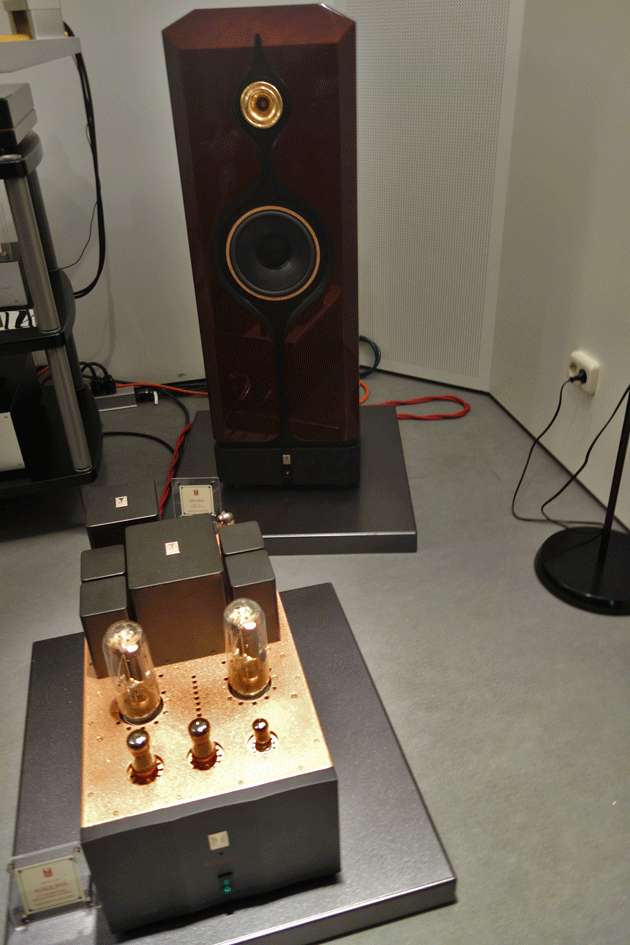
Audio Note- Kondo Kagura Mono Amps ($150,000/pair): This gorgeously built and impeccably designed flagship mono amplifier produces a glorious 50 watt per-side using 211 triode output tubes in a parallel single-ended design, using Audio Note-Kondo’s legendary silver output transformers. Without a doubt the Kagura is the best tube gear I’ve encountered in my system. It is the Bugatti of audio. What can I say! The sound was captivating, pure, and delicate with gorgeous timbres to die for. (Key Kim)


Audio4Soul Ref 50 Pure Digital amplifier ($5,500)
This Greek-made all digital amplifier has all the special qualities that made Tact Audio so popular a decade ago. However, the Ref 50 boasts 125 watts per side of unadulterated dynamic heft, harmonics and weight coupled to a see-through-like quality that only powered DACs were known for. Its performance defies its asking price. Review in the works. [Clement Perry]

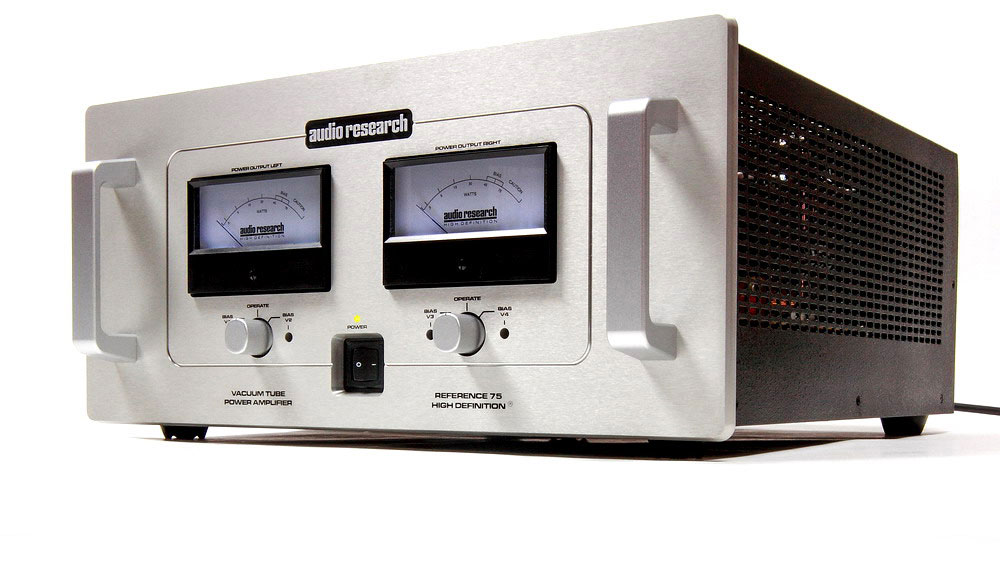
Audio Research Corporation Reference 75 Tube Amplifier ($9,000): Given the outstanding sonic performance, modest cost (relatively), and ARC’s long history of building and supporting products that last for decades the Reference 75 is establishing a strong basis to become a classic. Make that a classic with a modern twist. The Reference 75 uses KT-120 vacuum tubes recently designed specifically for audio applications. If an amplifier can be judged by the company it keeps then the Reference 75 is highly regarded. It has been paired with some true royalty in the speaker world. In my more humble system it has laughed at the 4-15ohm swing of my Quad ESL-2805 speakers. Some other amplifiers (both tube and solid-state) have not fared as well. In addition to the other qualities mentioned add versatility. The Reference 75 gives excellent performance with a variety of speaker designs. (Donald Shaulis)

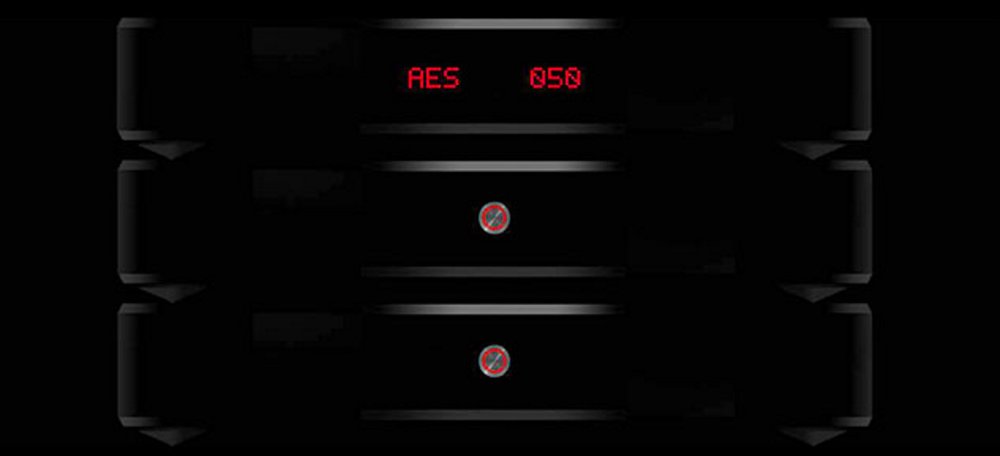
Bel Canto Black System ($50,000): Known as the Black System, these components represent a reimagining of Bel Canto Design’s overall approach and are a significant step forward along its journey for designing and implementing new technologies in its product line. Specifically, the Black System is a highly sophisticated set of electronics incorporating a unique system architecture. According to John Stronczer, CEO and Chief Architect at Bel Canto Design, the goal of this integrated system approach is to preserve and maintain the pure integrity of the source signal through the entire system all the way to the loudspeakers regardless of the input source.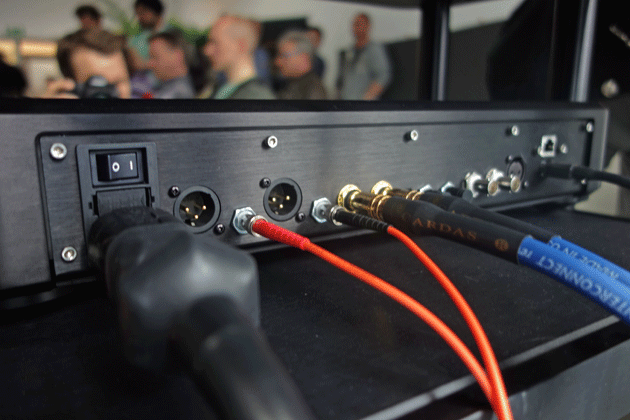
The Black System configuration includes the ASC1 Asynchronous Stream Controller, a pair of MPS1 Mono PowerStream units and High Speed Optical Interconnect (Streamlink). Over the past year or so, I’ve had opportunities to hear early preproduction versions as well as the final production units of the Black System. For my ears – the final result is nothing short of striking. The Black System is a truly state of the art design and provides a level of sonic purity and musical authenticity that is undeniable. Listening to reproduced music through the Black System provides an experience that is highly engaging, totally entertaining with a feeling as though you are in the presence of the artists on the recording. (Bill Wells)

Benchmark AHB2 Power Amplifier ($3,000): Benchmark Media has developed this diminutive, efficient and innovative solid-state amplifier in a collaborative design effort with THX. The AHB2 is rated at 100 watts/channel @ 8Ohms, 190Wpc @ 4Ohms, and 380 watts in mono. It virtually eliminates crossover notch distortion and has the lowest noise and distortion figures of any amplifier in my experience. In my view this ground breaking amplifier using patented THX Achromatic Audio Amplifier Technology represents the future of audio amplification and a full review will be forthcoming shortly. (Frank Alles)

.jpg)
Focus Audio Liszt Sonata Integrated Amplifier ($13,000): The Liszt Sonata sounds far more powerful than its rated 35 watts per-side. I found the Liszt Sonata to be a sonic knockout with an asking price that can honestly qualify as affordable (reviewed here). (Key Kim)


G9 Audio Nero Series 120 mono amplifiers and preamp ($40k amps/pre)
These Russian-made tube devices boast all the virtues of a good tube design: smooth and romantic while casting a huge sense of space around instruments. At the same time, they also possess a powerful sense of speed and control of the lower octaves. In truth, the G9’s 125 watts per channel, produce enough low-end vitality, speed and punch to make them among my favorites. (Clement Perry) (read review here). 

Job 225 Power Amplifier ($1,699): Trickle down technology allows you to sample Goldmund tastiness at a price that the man in the street can afford. The Job 225 need not make any excuses for it’s performance. Powerful, musical and resolving, this is as good as it gets at it’s price bracket (reviewed here). (Eric Teh)

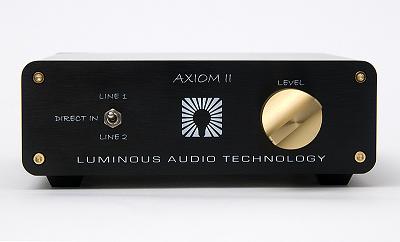
Luminous Audio Technology Axiom II Passive Pre with Walker Mod (From $499): What a great beer-budget passive preamp this is! The Walker mod version of the Axiom II includes a Polish precision resistive ladder volume control with either Caddock or Allen Bradley carbon precision resistors, a silver contact Mil-spec source selector and high-purity 6/9’s ONO cast copper wiring. You can choose either standard RCA type or XLR Balanced inputs/outputs. If you don’t need remote control this is one fine passive preamp (reviewed here). (Frank Alles)

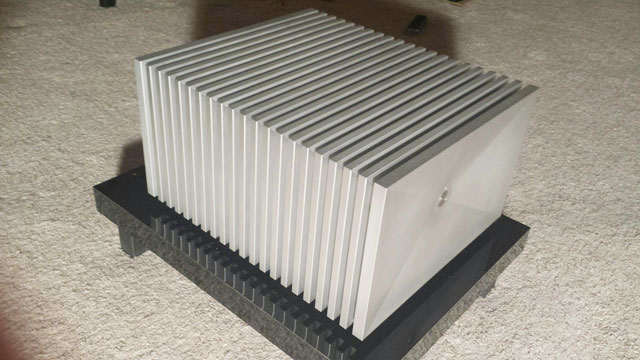
Thrax Audio Teres Hybrid Mono Amps ($30,000/pair): Thrax Audio’s latest creation is a bridge between solid-state power and vacuum tube finesse and resolution, producing an impressive 250-watts per channel with zero feedback. The power supply uses a new breed of rectifier diodes made of a new material called Silicon Carbide. They have no reverse current and switching loses. The Teres sounded very involving. They were authoritative with power and excellent soundstage capabilities (tube model reviewed here). (Key Kim)

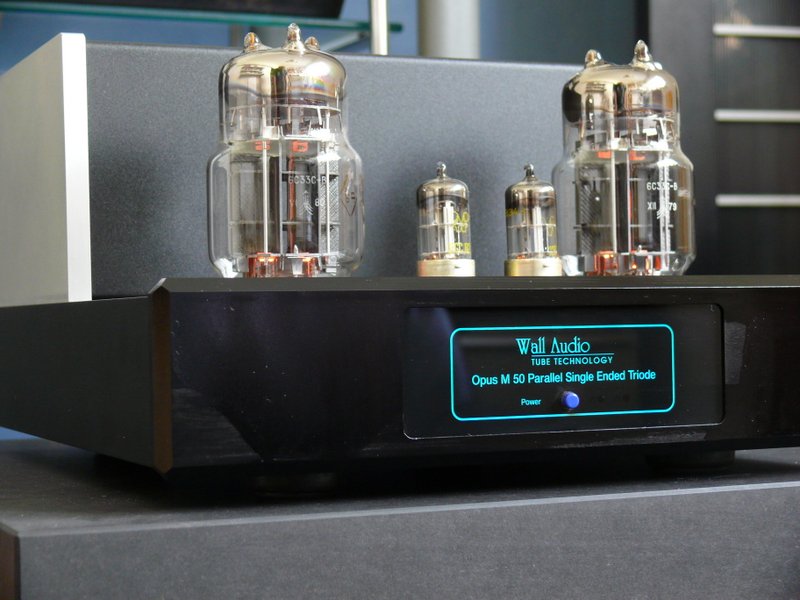
Wall Audio M50 PSET ($13,750/pair): This amp is a parallel single-ended triode, pure Class-A design, using two 6C33 tubes per side to produce 35-watts of pure German power. The M50 PSET drives my Conspiracy Audio loudspeakers beautifully. It is at once, open, transparent, and natural sounding – with gorgeous midrange fidelity. (Key Kim)


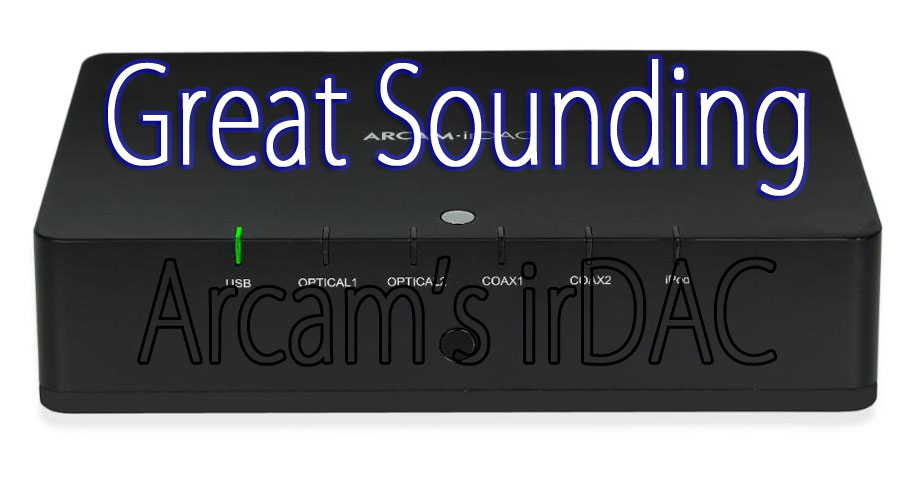
The Arcam irDAC, priced at $699, is a nice piece of gear that’s got weight, tactile appeal and provides a great bang for a fairly modest buck. Any audiophile with multiple digital sources will appreciate it’s plethora of digital inputs. The sound it produces is very grounded, with tight bass, fluid highs, transient snap and a decent soundstage of both depth and width. The Arcam irDAC is a quality piece that I miss having around (reviewed here). (Greg Voth)

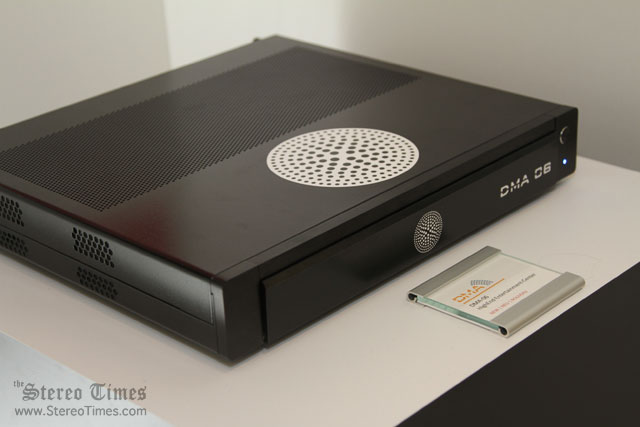
Daniel Mayerthaler Assembly DMA-06 High End Entertainment Center ($4,500)
If you’re a true movie buff and enjoy streaming movies via Netflix and want reference caliber performance, then look no further. The DMA-06 is a Swiss-made entertainment center built on the Windows 8 platform and besides being lightening quick, also is super easy to navigate through as well. (Clement Perry)

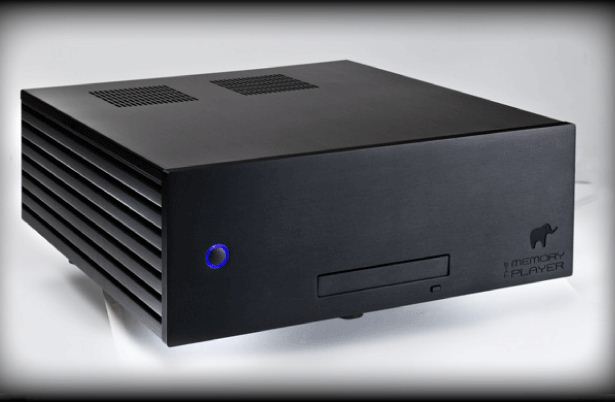
Laufer Teknik Memory Player Transport Version with J Rivers ($14,800. $19,500 fully loaded):
The MP64 has served as my reference since 2006 when it was first introduced. Since that time it’s lead designer Mark Porzilli has continued to extract even greater jitter measurements, hence it’s unbelievably quiet and resolute performance. So much in fact, the latest upgrades, using what Porzilli calls Defractionalized Memory and Virtual Teflon Power Filtering, has risen the MP64 to a performance plateau that is startling. In fact, it has stopped the pursuits of some serious analogue lovers I know of dead in their tracks (reviewed here). (Clement Perry)
Laufer Teknik has done it again with the introduction of the new and improved version of the Memory Player including the J Rivers graphical user interface.. The Laufer Teknik Memory Player has always produced superior sonics with its patented jitter lowering technology, however with the addition of the new J Rivers Graphic User Interface (GUI), the Laufer Teknik Memory Player has made it extremely user friendly – which makes it even more attractable to the end user. The J Rivers software architecture employed by lead designer Mark Porzilli runs on the Windows 8 Operating System and has taken a giant leap in the area of ease of operation by presenting features/graphics that practically operate the player on its own. What’s even more impressive is the Laufer Tekinik Memory Player has not missed a beat in the areas of power filtering, unmatched sonics and noise reduction that has made it the leading digital player. Coupled with the new graphical user interface, the newer Laufer Teknik Memory Player has exceeded its predecessor and raised the bar once again to a higher standard. That is until Mark Porzilli decides to design another masterpiece that raises the bar once again. I not only consider the Laufer Teknik Memory Player my “Most Wanted Component” for 2014, I also consider it my “Most Cannot Do Without Component”. (Moreno Mitchell)


Music Technology (MT) Oppo 105 Mod ($1,800): The MT modification may be the best money an audiophile could spend from my perspective, especially if you already own an Oppo 105 CD/SACD/DVD Audio/Blu Ray player. The mod consists of the installation of MT’s SteadiClock I hyper low jitter, hyper low noise clock, which re-clocks the ESS Sabre DACs at 80MHz and is powered by its own power transformer. The regulation circuits utilize Supercaps of 1 Farad to achieve an improved performance level. The stock analog circuit is replaced with MT’s analog I/V converter/amplifier/filter. The analog module is also powered by its own power transformer and regulated power supply.
The MT mod transforms a decent universal player with lots of features to a state of the art giant killer of a machine. Upon first listen, my mouth just hung open. My initial impression was that the modded Oppo gave cds a vinyl-like sound; warm and smooth and extremely musical, and it just improved as it settled in from transport. Now it competes with my reference CD/SACD player, which is almost five times more expensive than the base price of the Oppo ($1199-$1299) with the $1800 mod. I would say that is definitely a no-brainer! (Lew Dardick)

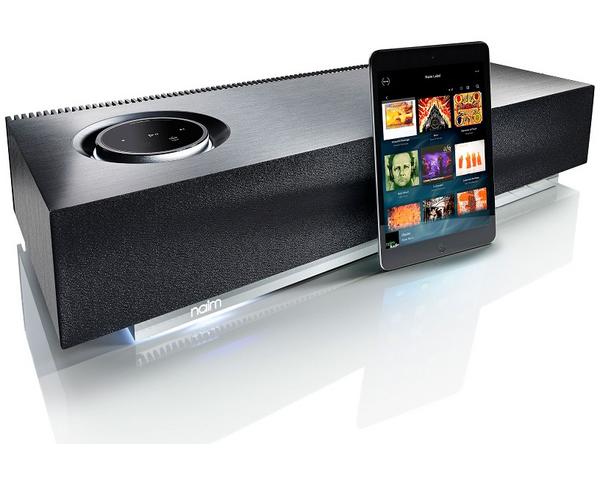 Naim Audio Mu-so ($1,500): Apartment dwellers rejoice! Naim welcomes the masses with this gorgeous and stunningly affordable all-in-one(!) wireless system. This Naim designed but Chinese-made (of course at this price) system offers scads of connectivity choices via USB, Optical S/PDIF and even an analogue (RCA) input. It also accommodates Universal Plug-n-Play (UPnP),™ AirPlay, Spotify, Bluetooth, wired and WI-FI Internet Radio and multi-room client from a built-in Naim streamer system. The Mu-so can also be controlled via iOS and Android based devices. The dual 3-way built-in speakers are proprietary Naim designs and the fit-n-finish is amazing. The Mu-so will not just fill an average sized living room with wonderful sounding music it will actually make most rooms look better. I can’t thank Ken Christiansen of Pro Musica in Chicago enough for turning me on to this device. The Mu-so is definitely coming to my house! (Dave Thomas)
Naim Audio Mu-so ($1,500): Apartment dwellers rejoice! Naim welcomes the masses with this gorgeous and stunningly affordable all-in-one(!) wireless system. This Naim designed but Chinese-made (of course at this price) system offers scads of connectivity choices via USB, Optical S/PDIF and even an analogue (RCA) input. It also accommodates Universal Plug-n-Play (UPnP),™ AirPlay, Spotify, Bluetooth, wired and WI-FI Internet Radio and multi-room client from a built-in Naim streamer system. The Mu-so can also be controlled via iOS and Android based devices. The dual 3-way built-in speakers are proprietary Naim designs and the fit-n-finish is amazing. The Mu-so will not just fill an average sized living room with wonderful sounding music it will actually make most rooms look better. I can’t thank Ken Christiansen of Pro Musica in Chicago enough for turning me on to this device. The Mu-so is definitely coming to my house! (Dave Thomas)

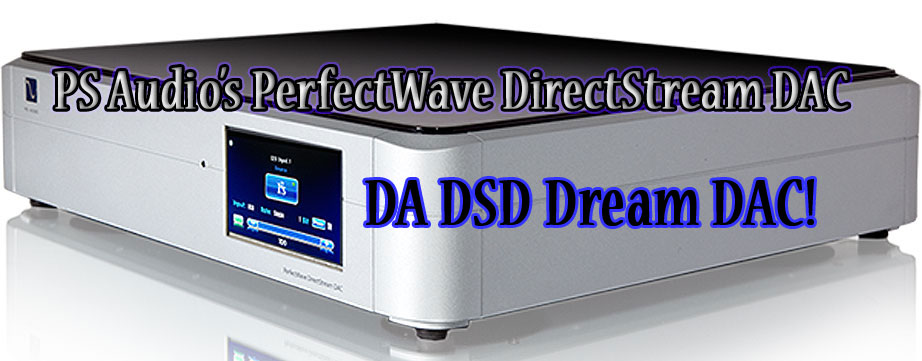
PS Audio DirectStream DAC ($5,999): This wonderful sounding DAC is both musical and highly resolving. It converts all digital files to DSD providing a more analog-like musical experience and pulling out small nuances you never knew were there. It sounds terrific on Red Book CDs as well as 24/192 hi-res files and immerses the listener in a huge multi-layered soundstage. The DirectStream provides 5 digital inputs of different types and employs a touch screen and full-function remote control (reviewed here). (Frank Alles)

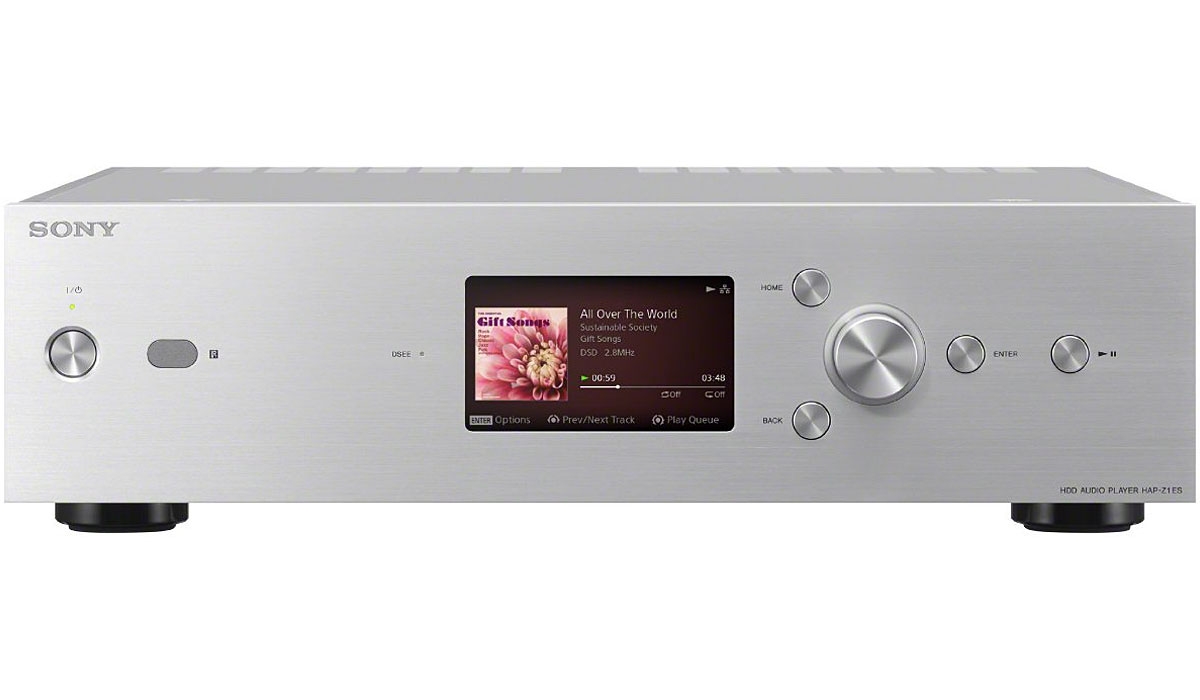
Sony HAP-Z1ES 1 TB Hard Drive Player – ($1,999)
The year I’ve spent with the Sony HAP-Z1ES has been a revelation in musical enjoyment and delving deeper into high resolution format downloads. It can handle a formidably impressive list of just about any consumer and pro audio high resolution formats including DSD standard AND double rate, uncompressed PCM up to 192kHz/32 bit (WAV & AIFF), FLAC (Free Lossless Audio Codec), WMA Lossless, Apple Lossless, and ATRAC Advanced Lossless. Listening to 96k/24bit HDTracks versions of albums that I’ve recorded on like Regina Carter’s Southern Comfort brought me the closest to what I heard during playback at the mixing and mastering sessions (In addition to drumming and singing on this record I was there for mixing and mastering).
Other lesser quality lossy formats like mp3 are on board too and are enhanced by Sony’s proprietary DSEE engine. One of the most impressive features though is Sony’s DSD re-mastering engine which when optionally enabled up-converts all formats to double-rate DSD on the fly. For those coming from audio network streaming the principle behind the Sony is closer to that of being an audio appliance though in that it imports audio files via your home network and once said files are on board the Sony’s internal hard drive all the playback is coming directly off the Sony thereby eliminating the need for a separate computer or server to be running on your network for playback.
Over the past year Sony has pushed out several firmware updates to the unit itself as well as updated it’s fairly impressive and highly functional Android app adding some well-needed extra functionality. It should be noted that Android devices the greatest access to all the player’s browsing and playback features comes from using the tablet version of the app rather than the phone version. Unfortunately there is currently no way to control playback of the unit from a PC/Mac browser window but file exploration as well as the removing and adding files can be done from one’s PC/Mac using Sony’s HAP Music Transfer software and/or simply using one’s home network for browsing directly onto the unit’s folders for the more tech savvy folks. (Alvester Garnette)

Stereo Times Masthead
Publisher/Founder
Clement Perry
Editor
Dave Thomas
Senior Editors
Frank Alles, Mike Girardi, Russell Lichter, Terry London, Moreno Mitchell, Paul Szabady, Bill Wells, Mike Wright, and Stephen Yan,
Current Contributors
David Abramson, Tim Barrall, Dave Allison, Ron Cook, Lewis Dardick, John Hoffman, Dan Secula, Don Shaulis, Greg Simmons, Eric Teh, Greg Voth, Richard Willie, Ed Van Winkle, Rob Dockery, Richard Doron, and Daveed Turek
Site Management Clement Perry
Ad Designer: Martin Perry




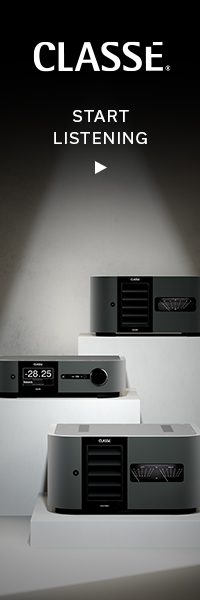
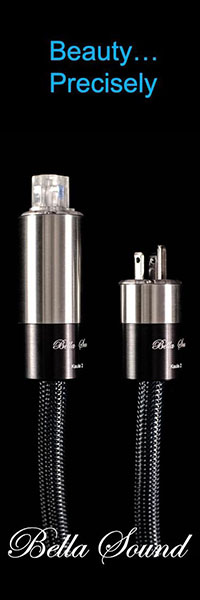
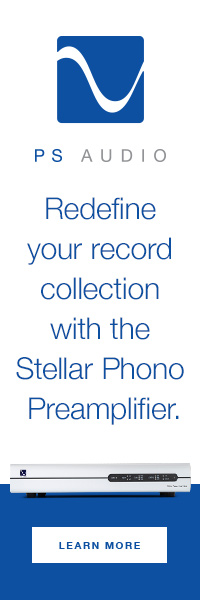
Be the first to comment on: MW2014